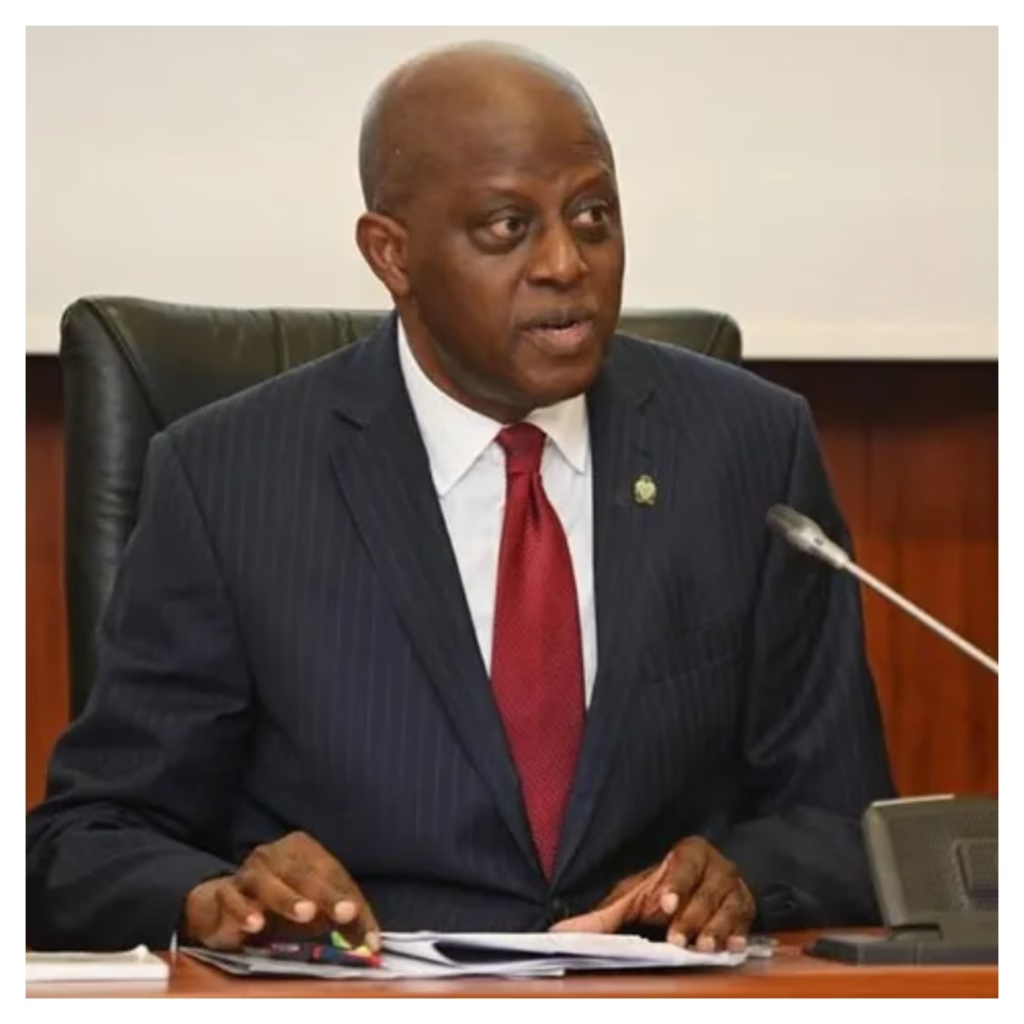Nigeria’s Central Bank Governor Olayemi Cardoso called for tighter collaboration with the Nigeria Deposit Insurance Corporation (NDIC) to stabilize the country’s financial sector and bolster public trust in banking systems, during a meeting with the NDIC’s newly appointed leadership in Abuja. The discussions underscored joint efforts to manage economic risks and deploy advanced tools to shield depositors from potential shocks.
Cardoso emphasized the importance of a unified approach amid global and domestic economic uncertainties. “Our meeting today is a clear testament to our willingness to work together,” he said, according to a statement released by NDIC spokesperson Hawwau Gambo. He noted the partnership would focus on proactive measures to maintain financial stability, including leveraging modern frameworks to predict and mitigate systemic disruptions.
The visit by NDIC Managing Director Thompson Sunday and his team marked the first formal engagement between the institutions since his appointment. Cardoso welcomed the new leadership, expressing optimism that the NDIC’s restructuring plans—aligned with the recently enacted NDIC Act 2023—would enhance risk management and depositor protection. The Corporation is also drafting a fresh corporate strategy, as its current plan expires this year.
In turn, Sunday praised the Central Bank’s recent reforms, including stabilizing Nigeria’s volatile foreign exchange market and mandating commercial banks to increase their capital reserves. He affirmed the NDIC’s commitment to supporting these initiatives, highlighting close cooperation on premium collections from insured financial institutions. Amid broader economic challenges, Sunday cited the NDIC’s recent payout of ₦54.62 billion (approximately $39 million*) to 691,418 depositors of the collapsed Heritage Bank as evidence of its capacity to protect savers. Uninsured depositors, he added, would receive partial repayments of 9.2 kobo per Naira under a liquidation dividend scheme.
Both leaders reiterated plans to refine contingency funding mechanisms and improve oversight of Nigeria’s banking sector. The dialogue signals a coordinated push to fortify financial institutions against shocks, critical for a nation grappling with inflation, currency pressures, and evolving regulatory demands.
*Conversion based on approximate exchange rates at the time of writing.
